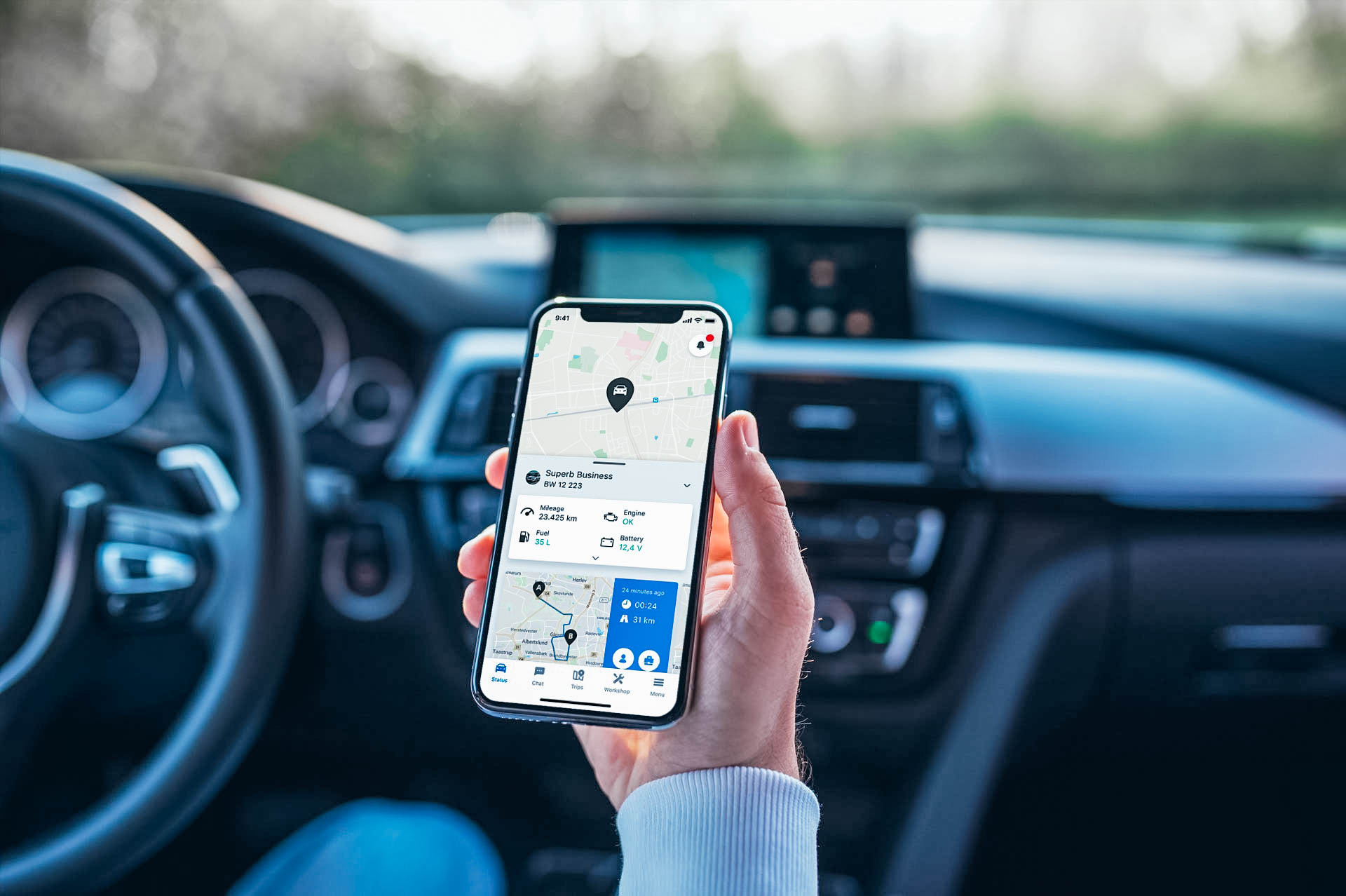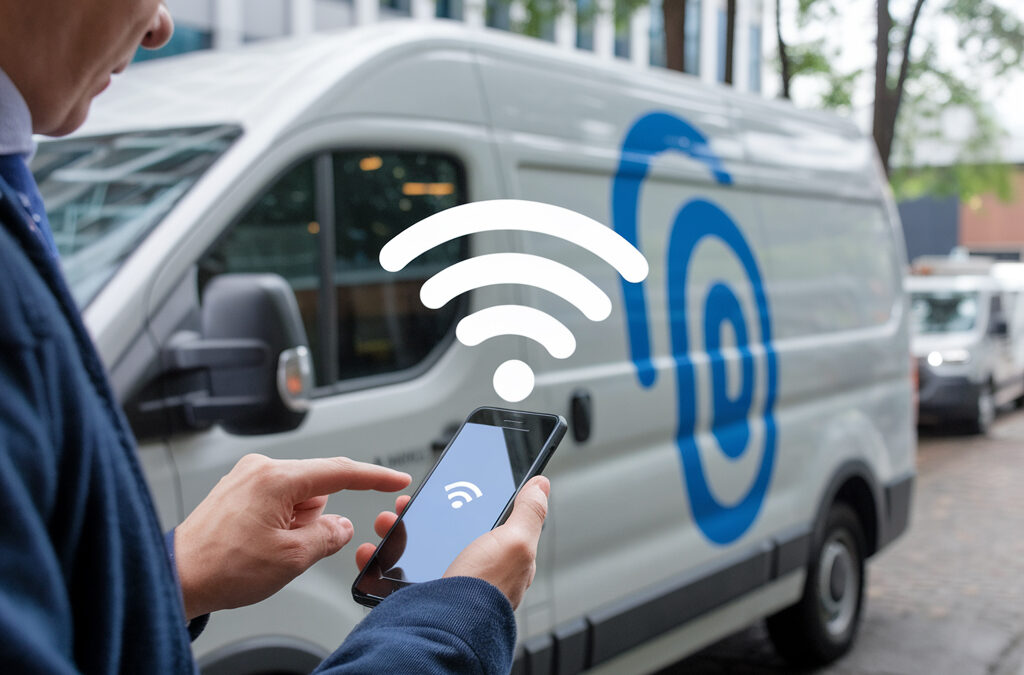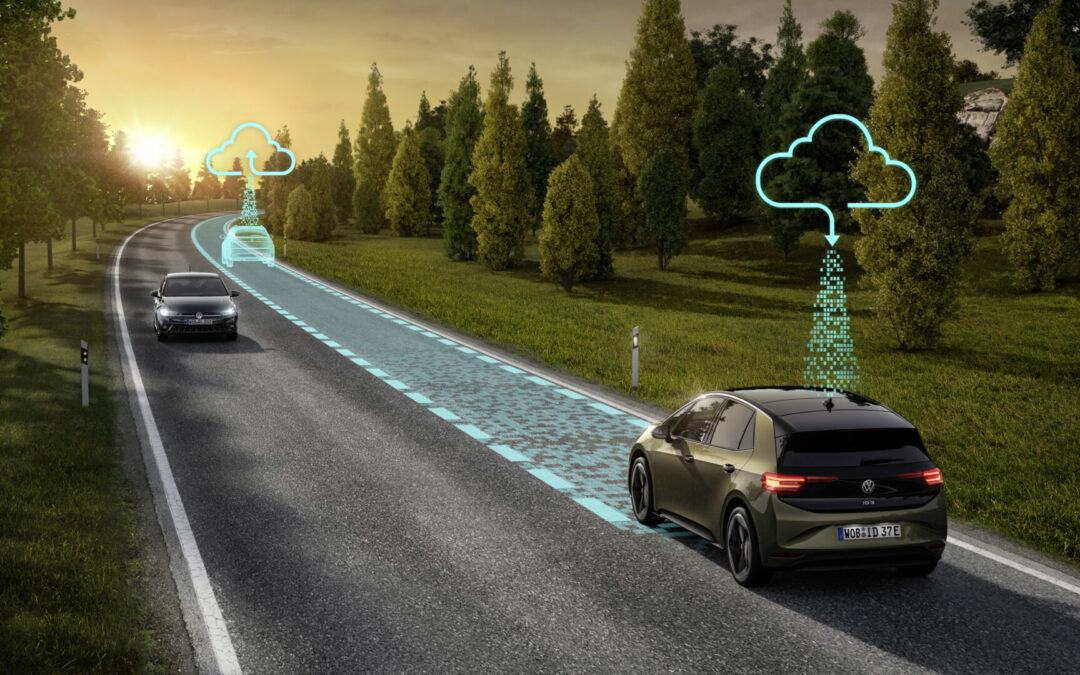Staying ahead in automotive retail requires more than just traditional, outbound marketing; it demands a personalized approach. Dealerships and leasing companies are increasingly focusing on creating and maintaining long-term relationships with customers. This shift is driven by market changes, including the introduction of the agency model, and the growing availability of data that allows businesses to understand their customers and local markets more deeply. With advanced tools at their disposal, these businesses are now able to personalize and localize their marketing efforts more effectively.
In this article, we will explore how personalization and localization are becoming essential elements of automotive retail marketing strategies. We’ll examine the benefits of understanding and catering to individual customer needs and demonstrate how adapting these strategies to fit specific local contexts can significantly boost customer engagement. Furthermore, we’ll delve into the role of advanced technologies in gaining valuable insights that help tailor marketing efforts more precisely.
This exploration will reveal how personalized communication, targeted marketing campaigns, and technological integration are key to building lasting customer relationships and steering towards success in the dynamic world of automotive retail.
Embracing personalization in automotive retail
The heart of modern automotive marketing lies in personalization. This approach is about much more than just recognizing a customer’s name; it’s about understanding their unique preferences, needs, and behaviors. By gathering and analyzing customer data, dealerships and leasing companies can tailor their communications and offers to match the specific interests of each individual. This level of personalization helps in creating a more engaging and satisfying customer experience. It’s about sending the right message, to the right customer, at the right time, thereby fostering a connection that goes beyond the traditional buyer-seller relationship.

Personalization also extends to the services offered. For example, if data shows a customer frequently drives long distances, personalized service reminders about bad battery, engine lamp, or oil changes can be particularly relevant and appreciated. This approach not only enhances the customer’s experience with your brand but also demonstrates a level of care and attention that can significantly boost customer loyalty and retention. As the automotive market becomes more competitive, such personalized touches can make a substantial difference in standing out and retaining customers.
Localization strategies for deeper market resonance
Localization in automotive marketing is about fine-tuning your approach to resonate with the specific cultural and regional characteristics of your market. It’s not just about translating content; it’s about adapting your strategies to align with the local environment, lifestyle, and preferences of your customers. This means understanding the nuances of each market – whether it’s prioritizing electric vehicles in urban areas with a focus on sustainability or emphasizing the ruggedness of vehicles in rural areas where off-road capabilities are valued. Localization strengthens the relevance of your marketing efforts, ensuring that your message is not just heard, but also felt and appreciated by the local audience.
Implementing localization effectively requires a keen awareness of regional market trends and customer behaviors. It might involve adjusting promotional offers to suit local events or seasons, or tailoring after-sales services to address the common issues faced in a particular region. For instance, offering seasonal maintenance packages in areas with extreme weather conditions shows customers that you understand and cater to their specific needs. This level of localized engagement plays a crucial role in building trust and loyalty, as customers are more likely to connect with a brand that shows an understanding of their local context and lifestyle.
Leveraging technology for targeted customer engagement and localization
In today’s automotive market, technology plays a pivotal role in enabling personalized and localized marketing strategies. Advanced tools like ConnectedWorkshop and ConnectedLeasing provide an abundance of valuable data, offering deep insights into customer preferences, driving habits, and vehicle usage. This information is crucial for dealerships and leasing companies to not only understand their customers better but also to engage with them in a more targeted and effective manner. For instance, using data from Connected Cars, you can identify which customers might be interested in new hybrid models or who are due for a service check-up, allowing for highly relevant and timely communication.

Moreover, the integration of technologies such as chat functions and targeted marketing campaign tools further enhances your ability to connect with customers on a personal level. These tools allow for real-time interactions and personalized marketing messages, making each customer feel valued and understood. Through technology, you can create tailored offers and services that speak directly to individual needs and preferences, significantly improving the effectiveness of your marketing efforts. This not only strengthens customer relationships but also positions your brand as forward-thinking and customer-focused in an increasingly digital world.
Charting a path to success in the evolving automotive landscape
In conclusion, the key to success in the ever-changing world of automotive retail lies in the strategic combination of personalization, localization, and the innovative use of technology. As the industry continues to evolve, especially with shifts like the agency model reshaping the marketplace, dealerships and leasing companies must adapt by placing a stronger emphasis on customer-centric marketing strategies. The integration of personalized communication, localized marketing efforts, and the insights provided by advanced technologies such as Connected Cars solutions, sets the foundation for building lasting customer relationships and driving business growth.
By focusing on the individual needs and preferences of customers, and tailoring marketing efforts to reflect the unique characteristics of local markets, businesses in the automotive sector can create more meaningful connections with their audience. This approach, enhanced by the data-driven insights of modern technology, ensures that marketing strategies are not only relevant but also highly effective. As we move forward, those who embrace these strategies, adapting to the needs and nuances of their customers and markets, will find themselves well-positioned to thrive in the dynamic and competitive landscape of automotive retail.






